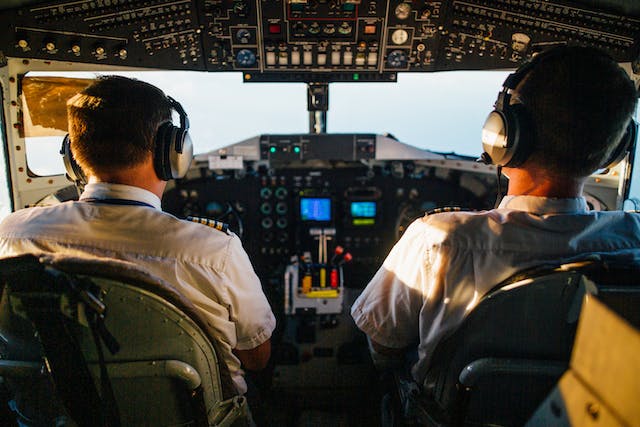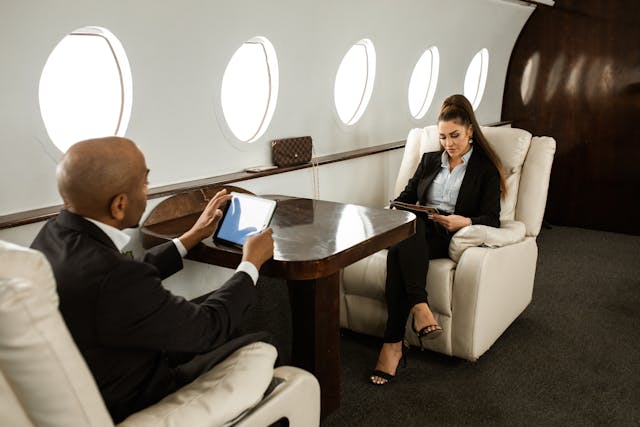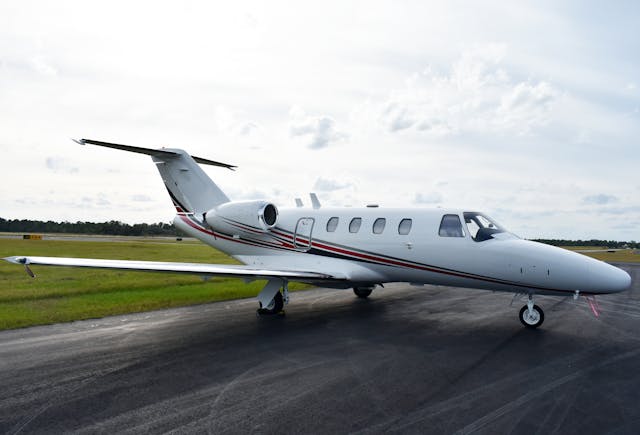The American skies, once synonymous with endless horizons and boundless opportunities, are now facing an unprecedented challenge: a nationwide pilot shortage that is sending shockwaves through the aviation industry. As airlines, both domestic and international, grapple with the alarming shortage of qualified pilots, the future of U.S. aviation hangs in the balance.
A Crisis Unfolds
The pilot shortage crisis is not a recent development but has been steadily brewing for years. However, it has now reached a critical point, demanding immediate attention and action. Airlines, cargo carriers, and private aviation companies are struggling to fill their cockpits with skilled aviators, leading to canceled flights, delayed services, and frustrated passengers.
What’s Causing the Shortage?
Several factors have converged to create this perfect storm in American aviation. Retirement of experienced pilots, increased demand for air travel, and the rigorous training and certification process have all contributed to the dwindling pilot numbers. Moreover, the COVID-19 pandemic further exacerbated the situation by prompting thousands of pilots to take early retirements or leave the industry.
The Impact on Travelers
For the average traveler, the pilot shortage is not an abstract problem but a tangible source of inconvenience. Flight delays and cancellations have become all too common, and passengers often find themselves facing long wait times and missed connections. The strain on air travel has caused many to rethink their travel plans, which is detrimental to the aviation industry and the economy as a whole.
Economic Consequences
The aviation industry has always been a crucial component of the U.S. economy, generating billions of dollars in revenue annually. However, the pilot shortage is causing economic turmoil. Airlines are being forced to pay higher salaries and offer substantial signing bonuses to attract and retain pilots. These additional costs are being passed on to passengers in the form of increased ticket prices, ultimately deterring travel.
Solutions in the Making
The aviation industry, recognizing the gravity of the pilot shortage, is taking steps to address the issue. Airlines are ramping up pilot recruitment efforts, offering accelerated training programs, and collaborating with aviation schools and training facilities to ensure a steady influx of new pilots.
Looking to the Future
The U.S. aviation industry is resilient and adaptable, and while the pilot shortage poses a formidable challenge, it is not insurmountable. The crisis has accelerated the development of more efficient pilot training programs and increased the industry’s focus on retaining experienced aviators.
In conclusion, the pilot shortage in the United States is a critical issue that demands immediate attention. It affects not only the aviation industry but also the economy and the everyday lives of travelers. As the industry rallies to overcome this challenge, there’s hope that the American skies will once again soar to new heights.






